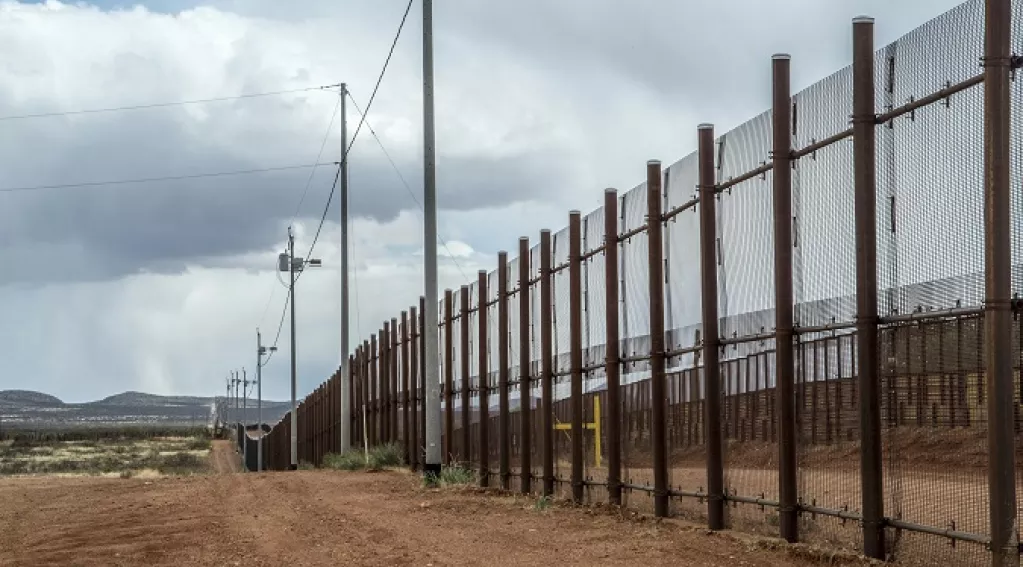NPR Accidentally Admits Border Fences Are Effective

National Public Radio (NPR), a news outlet that has runcountless reports pooh-poohingthe idea of border security fences, aired a piece on the February28 edition of “All Things Considered,” conceding the fact that theyare. The admission was made in a deceptively titled report, “’No More Deaths’Volunteers Face Possible Jail Time for Aiding Migrants,” in which it attributedthe increasingly perilous routes being used by illegal migrants to stepped upborder enforcement. “Over the past several decades, migrants have turned tomore rugged parts of the border to cross, driven there by a larger borderpatrol, and more miles of border fencing,” stated reporter Joel Rose.
The “eleven-foot ladder industry” that critics have beenassuring us would flourish in response to the construction of ten-foot highborder fences hasn’t exactly materialized. What it has done, is redirectedmigrants to more remote and more dangerous areas of the border – and that needsto stop, by construction of more ten-foot fences and other deterrents.
If there is one thing all sides in the immigration debatecan agree on, is that no one should be dying in the desert attempting to enterthe United States. For the open borders advocates, that means, well…openborders. For others, that means making it clear to would-be illegalborder-crossers that there is no point in trekking across hostile terrainbecause it will just lead to more Border Patrol agents, more technology, moresecure border fencing, and effective interior enforcement against those who doenter illegally.
As for the report’s sensational headline that people arebeing jailed for “aiding migrants” in peril by placing water and food alongremote trails favored by smugglers, that too turns out to be less thanadvertised. As Rose’s report notes, there is a thin line between aidingmigrants, and enticing migrants to risk their lives by making the dangerousjourney. As one of the No More Deaths volunteers, a man described as “anexperienced climber and backpacker,” said, “I would not be able to do thisjourney. It is impossible in the summertime to carry enough water,” adding thatif dehydration doesn’t get you, hypothermia and any number of poisonous snakesand lizards might.
Also, getting beyond the suggestion that people are beingpersecuted for attempting to help desperate migrants, the NPR report makes itclear that they, and the Border Patrol, both have the same goal: saving lives.“I think they mean well,” said Art Del Cueto, vice president of the NationalBorder Patrol Council, the union that represents Border Patrol agents, and anfrequent guest at FAIR’s Hold Their Feetto the Fire radio row. “We respond to a lot of calls of illegalaliens in stressful situations, tough medical situations. And we’re the onesthat are properly equipped to go out there and save them.”
Unfortunately, as we have all been taught, there is animportant difference between meaning well and doing good. Besides giving peoplefalse hope that they can make the dangerous journey, “some of the supplies theyleave wind up in the hands of drug smugglers and human traffickers,” Del Cuetoexplains.
So, perhaps the best answer to a situation that has arisenfrom secure fencing in easily traversed sections of the border is “more milesof fencing” (and other measures) in areas of the border that everyone agreespeople should not go.

